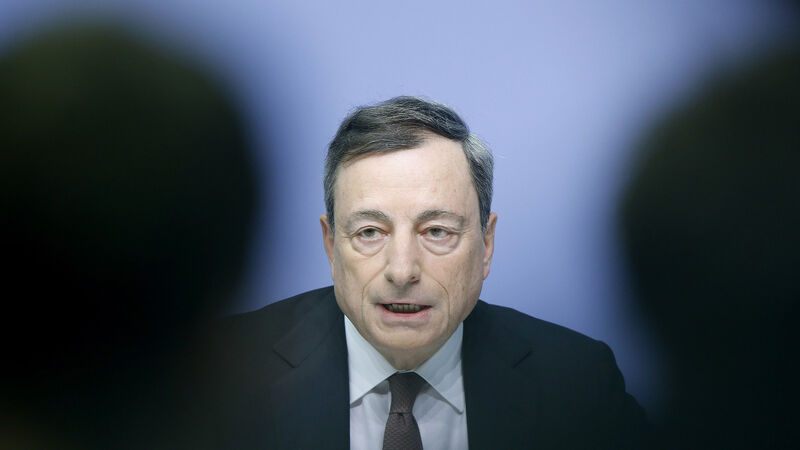Oliver Mangan: Now not the time to panic over surge in Covid national debt

Former president of the ECB, Mario Draghi, has argued strongly that public debt should be allowed to increase in the coronavirus crisis.
UK Chancellor Rishi Sunak was stark in the presentation of his public spending review last week, saying the "emergency has only just begun”. It comes as the UK economy is set to contract by 11.3% in 2020, the biggest decline for more than 300 years.
The chancellor’s concerns were, though, focused on the state of the British public finances, amid concerns that unemployment will pick up sharply next year as government supports are withdrawn.














